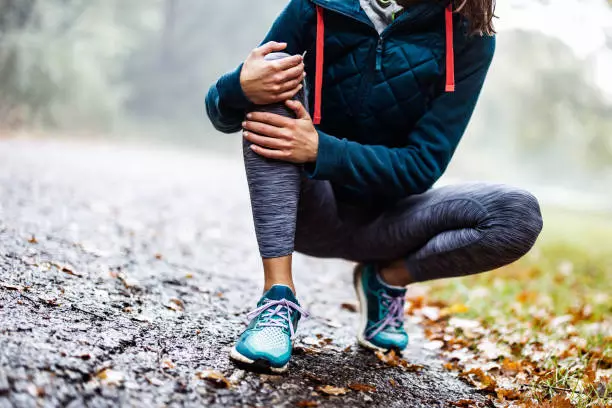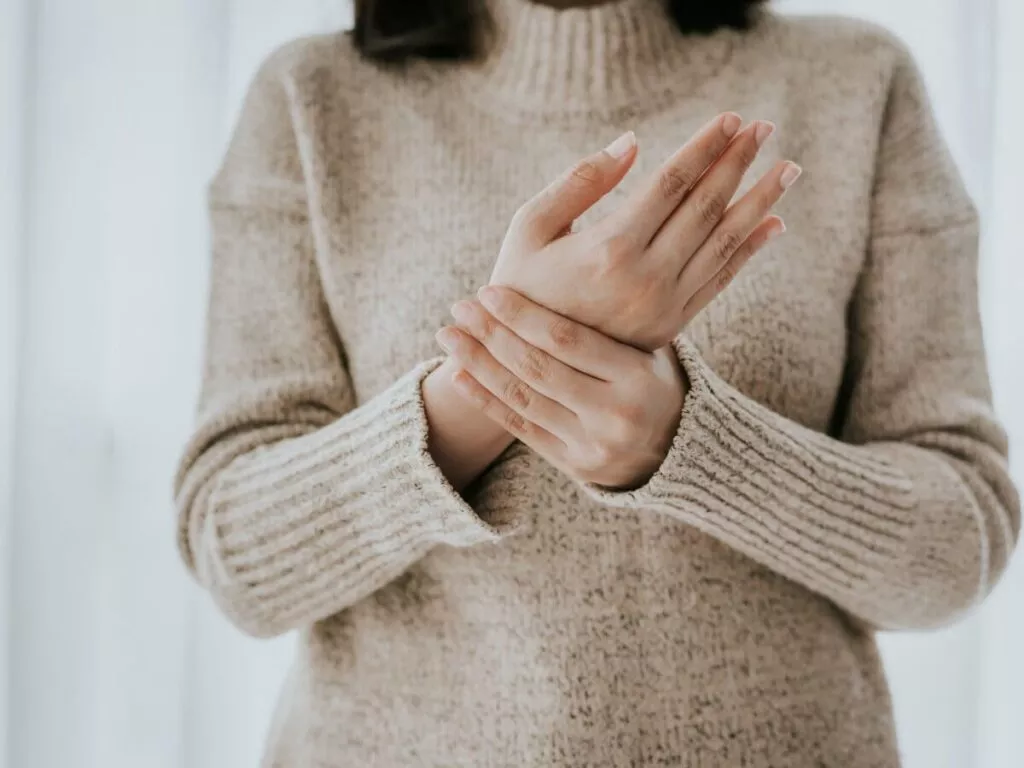Joint pain is frequently related to injuries or ageing. People with joint discomfort are either older people or athletes. But there are some changes that come with winter. During the winter, many people who don’t generally experience joint pain at any other time of the year might feel joint pain.
The cold, low temperature contributes to joint pain in the winter. Joint discomfort is sensitive to weather variations, particularly temperature, pressure, and humidity changes. Low temperatures cause our body to experience muscle spasms, which can aggravate our joints and cause stiffness, rheumatic disorders like rheumatoid arthritis and osteoarthritis are particularly susceptible to climatic variations.
Winter makes our bodies’ pain receptors more sensitive, which amplifies our already extreme misery. Vitamin D levels might also drop as a result of the winter’s reduced sun exposure, which can harm bones and joints. When it’s chilly outside and there’s a chance of frostbite, blood flow to our toes and fingers may become compromised. The environment’s reduced pressure can cause our tissues to expand, strain and damage our joints.

EFFECT OF SEASONAL CHANGE A COLD CLIMATE JOINT PAIN
The atmosphere is one of the reasons for joint pain. Three important weather changes appear to have the most effects on joint pain :
Cold : Temperature dips, or a rapid shift from a relatively warm to a cooler temperature, may be more harmful to chronic pain than a consistently cold environment. According to research, cold weather encourages the body to preserve heat by concentrating on internal organs, which decreases blood flow to the limbs and exacerbates joint discomfort.
Pressure : Contrary to popular belief, increased pressure does not necessarily result in improved joint pain. According to the notion, days with favourable weather can lessen joint pain due to the gentle, ambient atmospheric pressure. On the other hand, days with bad weather might cause severe pain because of changes in the body’s blood circulation or increased sensitivity of the nerves.
Humidity : Humidity has the strongest correlation with joint pain, even while colder temperatures and air pressure can understandably affect blood circulation and nerve activity. Rainy days, especially ones that are really cool, seem to exacerbate pain symptoms more than any other significant weather change.

HERE ARE SOME SUGGESTIONS FOR EASING JOINT PAIN IN THE WINTER
1. Exercise frequently
It’s crucial to keep your body moving, even when it’s freezing outside. Winter often makes us feel less motivated and more willing to stay inside where it’s cosy and warm. Low-impact exercise will keep your joints in good shape.
2. Maintain a warm interior
Keep warm and comfortable inside. This can help you maintain your motivation while also enhancing your mindset. Eliminate any draughts in your home and keep your heating system operating at an average temperature. If you have diabetes or other health conditions, it’s best to avoid using heating pads and hot water bottles for an extended period of time.
3. Eat healthily
The body can work more effectively in the winter with a balanced diet that features lean proteins, more fibre, refined carbohydrates, omega oil, and little to no saturated fat. It’s important to eat foods that are easy to digest, such as veggies like cucumbers and carrots with diuretic properties that can help the body remove waste.
4. Keep hydrated
Although it’s important all year round to be hydrated, the winter is when it’s most important. People typically think about drinking more water when it’s sunny and pleasant, but in the winter, the dry air makes you feel exhausted and achy from dehydration. Aim for 8 glasses of water daily, and drink more if you exercise or are otherwise active.
5. Over-the-Counter Methods
Ibuprofen and other over-the-counter medications, such as NSAIDs, can help reduce sharp pain spikes and increase activity levels during inclement weather. To lessen an acute pain episode, think about utilising an over-the-counter pain reliever, and promote moderate exercise.
In order to manage your joint pain symptoms, regardless of how severe they are, a pain management clinic can connect you with a variety of specialists at Speciality Care Clinics who can help you with a better understanding.
Contact us at (469) 545-9983 to book your appointment.
